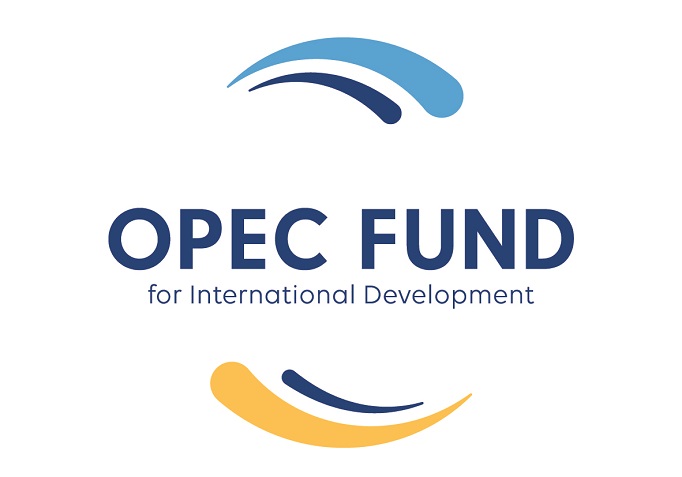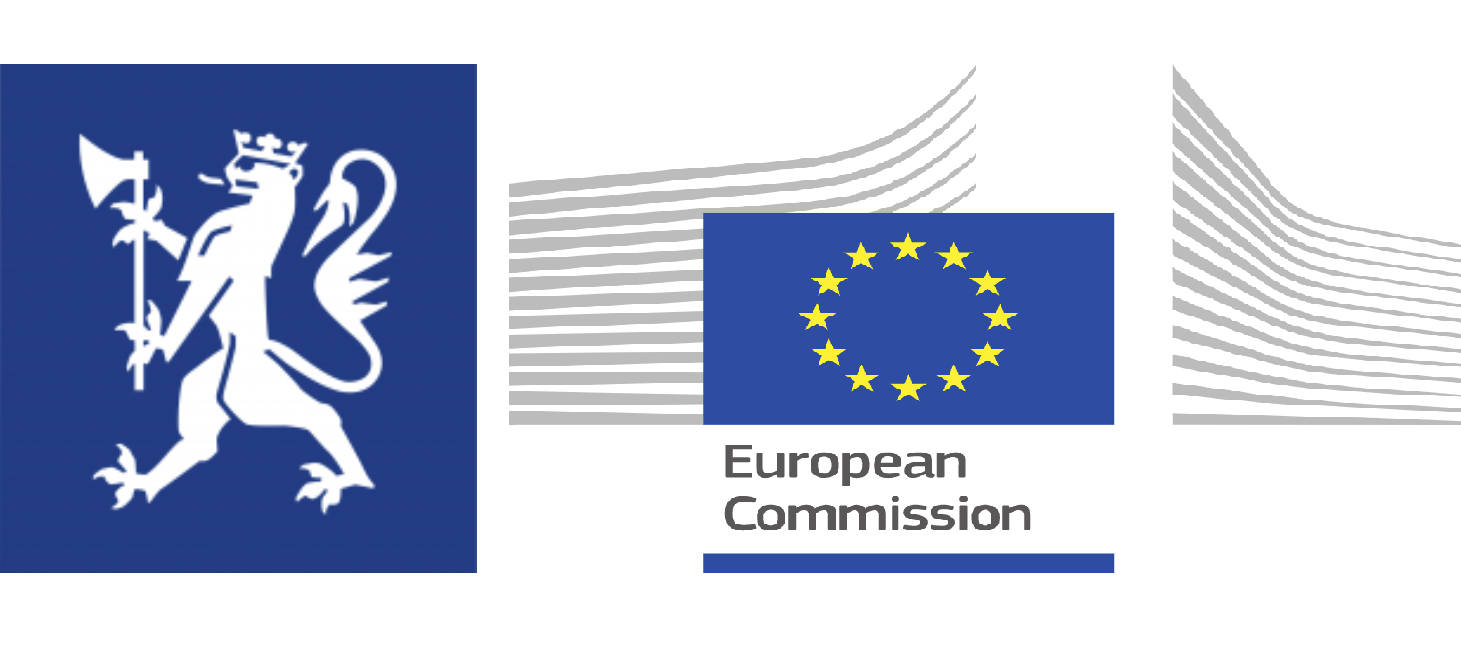Our partners

The Common Fund’s partnership with OPEC Fund for International Development is historic and dates back to the very inception of the Fund. The OPEC Fund not only facilitated and paid capital subscription for as many as 37 Least Developed Countries (LDCs) but continues to make contributions under ”Framework of Financial Support” towards CFC’s commodity development projects for the least developed countries and poorer strata in other developing countries.

The Kingdom of Norway and the European Commission have been supportive of the Fund and have sponsored capital contribution of 9 and 3 countries respectively.
The Kingdom of the Netherlands: A Trust Fund arrangement set up by the Netherlands Ministry for Development Cooperation to support CFC projects with co-financing contributions for the Five Year Action Plan.
